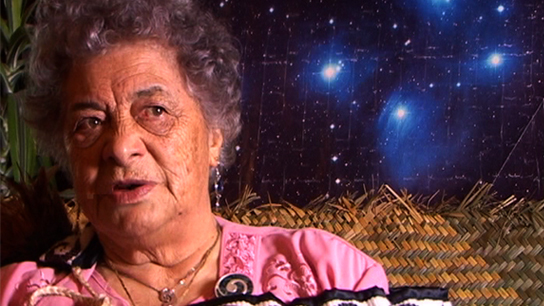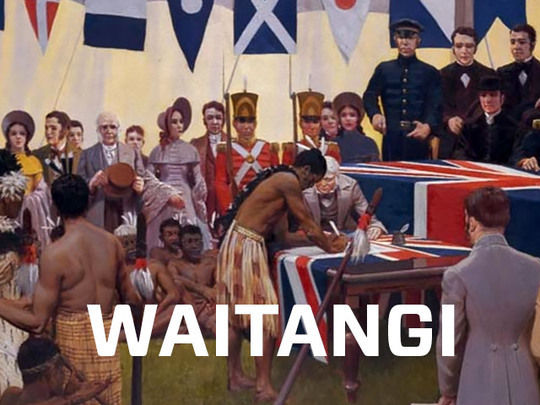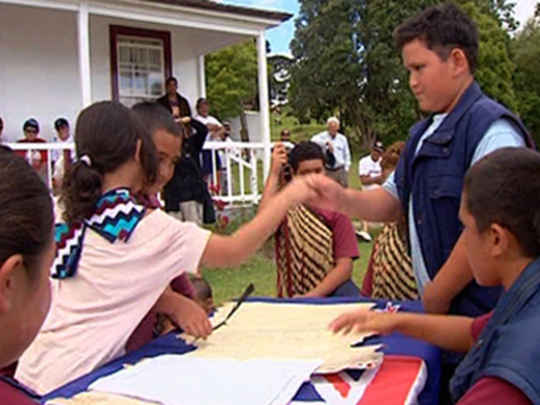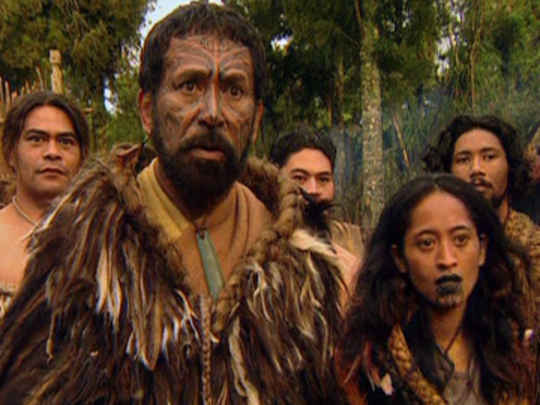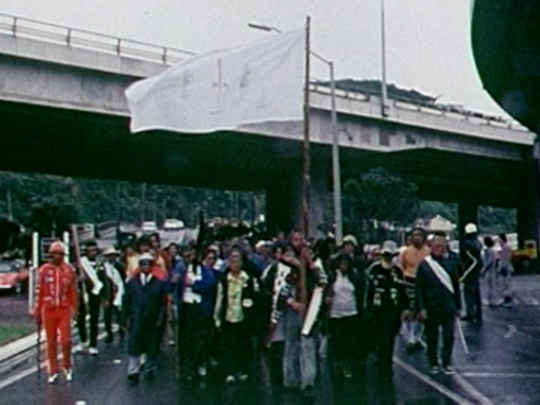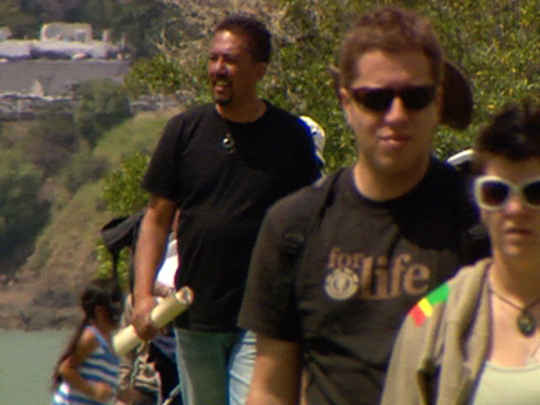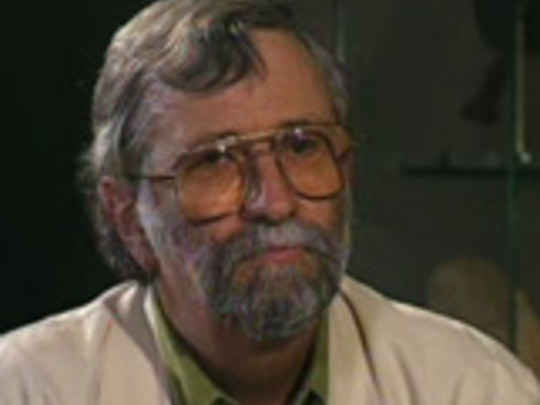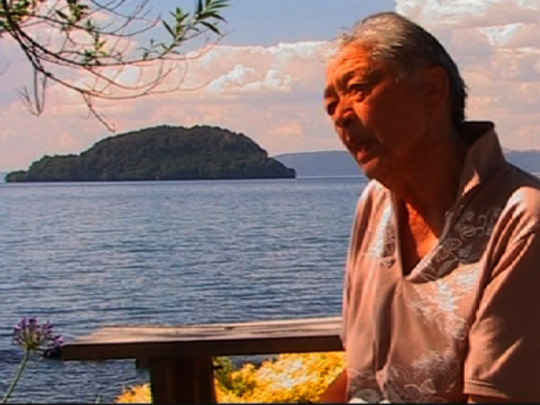Wai 262
Film (Full Length) – 2006
...in many respects, current laws and government policies fall short of partnership, instead marginalising Māori and allowing others to control key aspects of Māori culture. This leads to a justified sense of grievance, and also limits the contribution Māori can make to national identity and to New Zealand's economy. Current laws, for example, allow others to commercialise Māori artistic and cultural works such as haka and tā moko without iwi or hapū acknowledgement or consent. They allow scientific research and commercialisation of indigenous plant species that are vital to iwi or hapū identity without input from those iwi or hapū. They allow others to use traditional Māori knowledge without consent or acknowledgement.– From the summary of the Waitangi Tribunal report on Wai 262
I think that the way forward is dialogue, it’s the development and nurturing of relationships with each other. Because the Western paradigm obviously has their view of what the law is requiring them to do. And of course we have our own view of our responsibilities as to how we protect the natural and physical resources in the environment.– Hori Parata (Ngātiwai)
